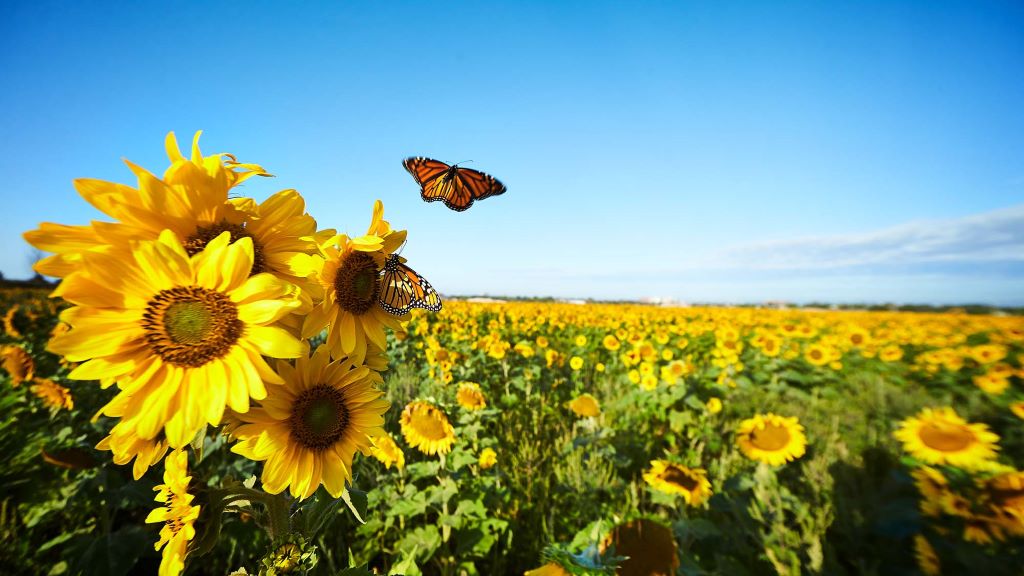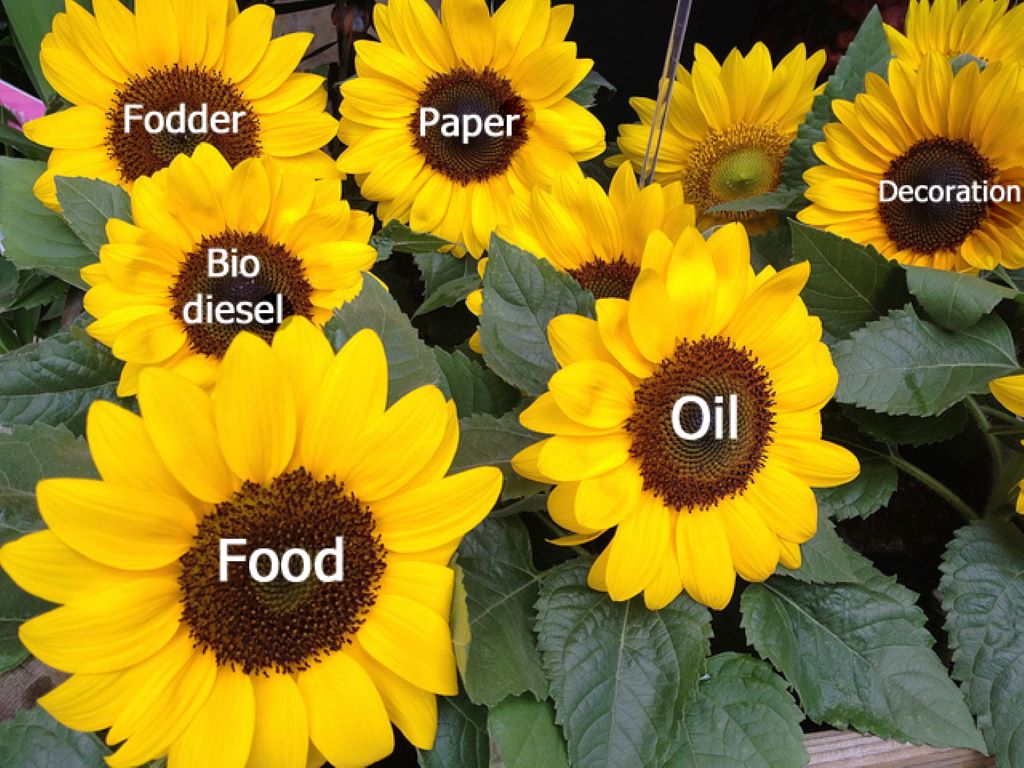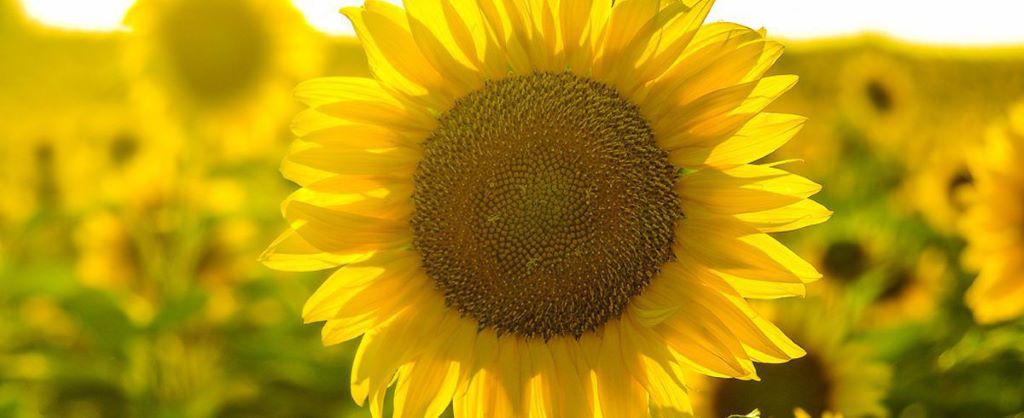Sunflowers, with their vibrant yellow petals and imposing stature, have captured the hearts of many. But beyond their ornamental value, sunflowers have a multitude of uses that extend into various aspects of our lives. In this article, we will delve into the diverse world of sunflowers, exploring their agricultural, culinary, medicinal, and ecological applications. Join us on this sunny journey through the versatile world of sunflowers.
The Agricultural Marvel
1. Sunflower Seeds as a Cash Crop
Sunflowers are renowned for their seeds, which are not only delicious but also economically valuable. These seeds are a sought-after cash crop, with applications ranging from snack foods to oil extraction. Explore do sunflowers grow back after cutting?
2. Sunflower Oil Production
One of the primary uses of sunflowers is the production of sunflower oil. This oil is not only a healthy cooking option but also a vital ingredient in various food products and industrial applications.
3. Animal Feed
Sunflower meal, a byproduct of oil extraction, is a valuable source of protein for livestock. It’s commonly used in animal feed formulations, contributing to healthy and robust farm animals.
From Garden to Plate
4. Culinary Delights
Sunflower seeds can be roasted and salted as a nutritious snack. They also find their way into salads, bread, and pastries, adding a delightful crunch and nutty flavor to various dishes.
5. Sunflower Sprouts
The tender shoots of young sunflowers, known as sunflower sprouts, are increasingly popular in salads and sandwiches for their mild, fresh flavor and crisp texture.
6. Sunflower Petals
Believe it or not, sunflower petals are edible and can be used as a garnish in salads or brewed into tea for a unique floral flavor.
Healing Powers
7. Medicinal Properties
Sunflower oil is not just for the kitchen; it also has medicinal properties. It’s rich in vitamin E, known for its antioxidant benefits, and can be used topically to soothe skin ailments.
8. Traditional Medicine
In some cultures, sunflower extracts have been used for their potential anti-inflammatory and analgesic properties, offering a natural remedy for certain ailments.
Guardians of the Environment
9. Soil Remediation
Sunflowers are known for their phytoremediation capabilities. They can absorb heavy metals and toxins from contaminated soil, making them an essential tool in environmental restoration.
10. Attracting Pollinators
Sunflowers are a favorite among pollinators like bees and butterflies. Planting them in your garden can help support local ecosystems and improve crop pollination.
A Sustainable Future
Sunflowers are not just a pretty face in the world of flora; they are the embodiment of versatility. From their role as an agricultural cash crop to their presence in our kitchens and medicine cabinets, and even their contribution to environmental sustainability, sunflowers have earned their place in our lives.
In conclusion, sunflowers are much more than just a sunny presence in gardens; they are a source of economic stability, culinary delights, natural remedies, and ecological balance. So, the next time you admire a field of sunflowers, remember the myriad ways in which these golden blooms enrich our world.
FAQs (Frequently Asked Questions)
- Can I eat sunflower petals?
Yes, sunflower petals are edible and can be used as a garnish in salads or brewed into tea.
- How can sunflowers help the environment?
Sunflowers can absorb heavy metals and toxins from contaminated soil, making them essential for soil remediation. They also attract pollinators, supporting local ecosystems.
- What is the nutritional value of sunflower seeds?
Sunflower seeds are a good source of healthy fats, protein, fiber, and essential vitamins and minerals, making them a nutritious snack.
- Is sunflower oil good for my skin?
Sunflower oil is rich in vitamin E and can be used topically to soothe and moisturize the skin, making it a beneficial addition to skincare routines.
- How do I grow sunflowers in my garden?
To grow sunflowers, choose a sunny spot, plant the seeds in well-draining soil, and water them regularly. They are easy to cultivate and make a stunning addition to any garden.



